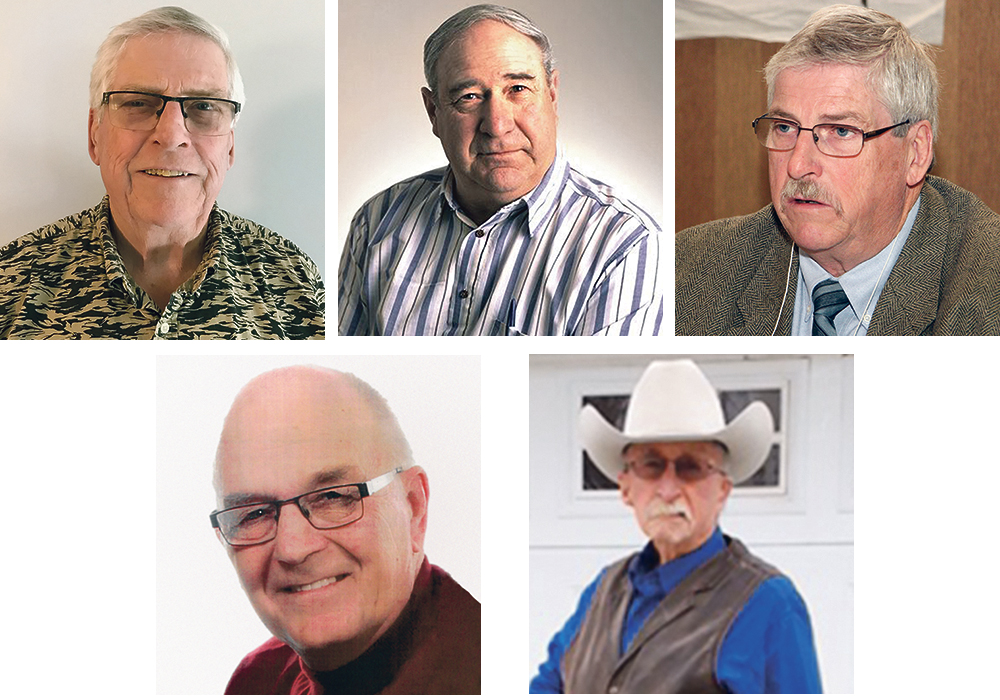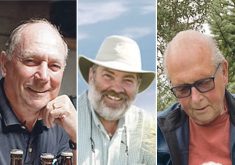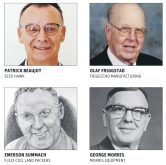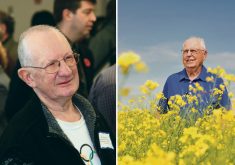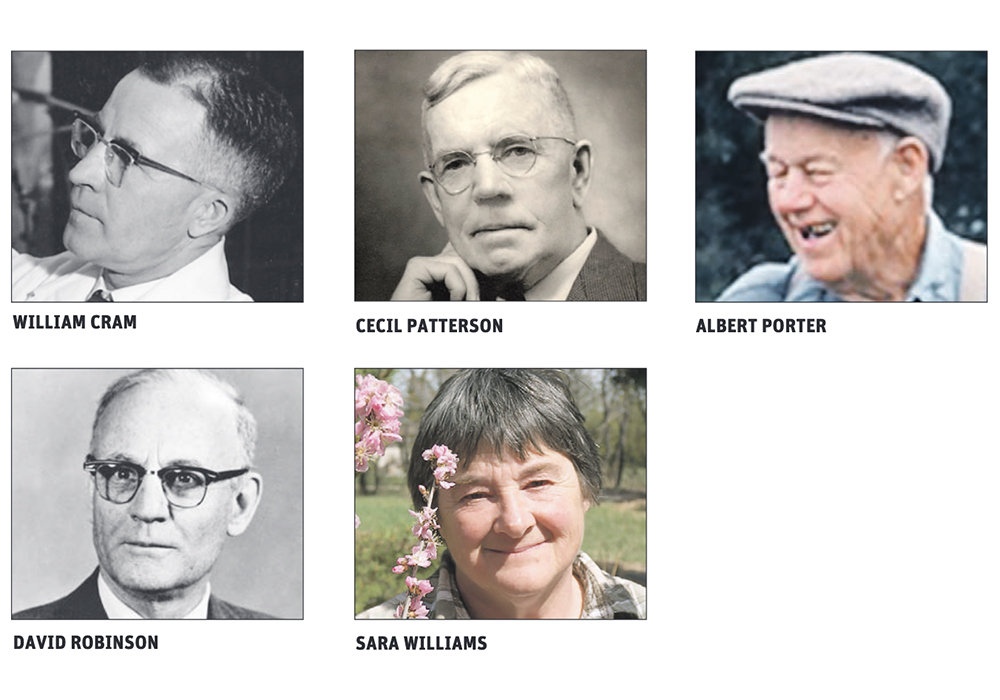Modelling the way, one of five leadership practices identified by the Kouzes and Posner leadership model, has been evident for years in Saskatchewan agriculture.
The practice embodies a shared vision, standards of excellence, optimism and positivity.
These Saskatchewan Agricultural Hall of Fame leaders inspired people to build consensus around common sets of values.
“We were taught that each of us owed something to the community and country that awards you protection, and you work towards its betterment” says Murray McGillivray (2015).
That, and his father’s life example, contributed to his commitment to agriculture.
Read Also

Canadian Food Inspection Agency extends chronic wasting disease control program consultation deadline
Date extended for consultation period of changes to CWD program
Dave Sefton’s (2014) philosophy is “farmers, who make their livelihood through farming, provide realistic, practical, grounded solutions to issues.”
This provided him with the drive to be involved in producer organizations throughout his farm career.
William Cooper (2000) credits his drive for and continued interest in agriculture to his last university class before graduation.
The advanced farm motors class provided the opportunity for Cooper to teach farmers for the next 30 winters, which he says, “molded his farming career and involvement in the industry.”
These three people helped shape agriculture as it is known today.
All were involved in the organization of producer groups for oats, barley, flax, canola, stock growers, the Agriculture Food Council, farmer-owned terminals and other regional and national groups.
The ability to listen, mixed with good governance, good science and self confidence are evident in all three.
They also understand the power of language as a way to be inclusive and to help motivate.
They continue to work to change the status quo of the industry today. Cooper is a supporter of Saskatchewan 4-H with three post-secondary scholarships of $3,000 each. In 2021, his company added two more post-secondary scholarships for COVID-19 front-line workers, with a 4-H connection again emphasizing leadership.
Sefton is active in his community co-operative and travels to warmer climates each winter.
McGillvray, having stepped away from many of his obligations, now volunteers with young farmers and ranchers, and still enjoys time with his horse, reading and travelling.
Agriculture faces many challenges and opportunities, and these leaders agree it’s very important to continue to encourage young producers to get involved, recognizing that their time for volunteering is tight, whether it’s researching the issue or attending events to vote on it.
They feel that this can be, in part, resolved by having agriculture organizations recruit good support staff and keeping directors as informed as possible. Repeated advice includes ensuring that science and leadership training is available, making sure farmers are at the table. Also, working together with industry partners is important for agricultural sustainability.
All also agree that the consumer side of the agriculture equation needs to change. If society moves away from cheap food policies and embrace agriculture’s diversified landscape, the producer-consumer partnership will be enhanced and all will be better for it.
Two other Agricultural Hall of Fame inductees who followed this same leadership practice for the benefit of agriculture in Saskatchewan and are no longer with us are Bill Farley and Elvin Haupstein.
Farley (1998), a farmer, seed grower and leader, championed the development of Western Canada’s flax industry by organizing Flax Growers of Western Canada, the Flax Council of Canada, and the Saskatchewan Flax Development Commission.
He encouraged flax varietal development, organized Canadian Western Agribition’s Grain Show and participated in organizations and programs benefiting farmers in Western Canada.
Haupstein (2014) served Saskatchewan’s dairy industry with leadership roles in organizations like Dairy Producers Co-operative, SaskMilk and Dairy Farmers of Canada.
His policy efforts, building of the Saskatoon processing facility and the Rayner Dairy Research and Teaching Facility have positively impacted the dairy industry from producer to processor to consumer.

